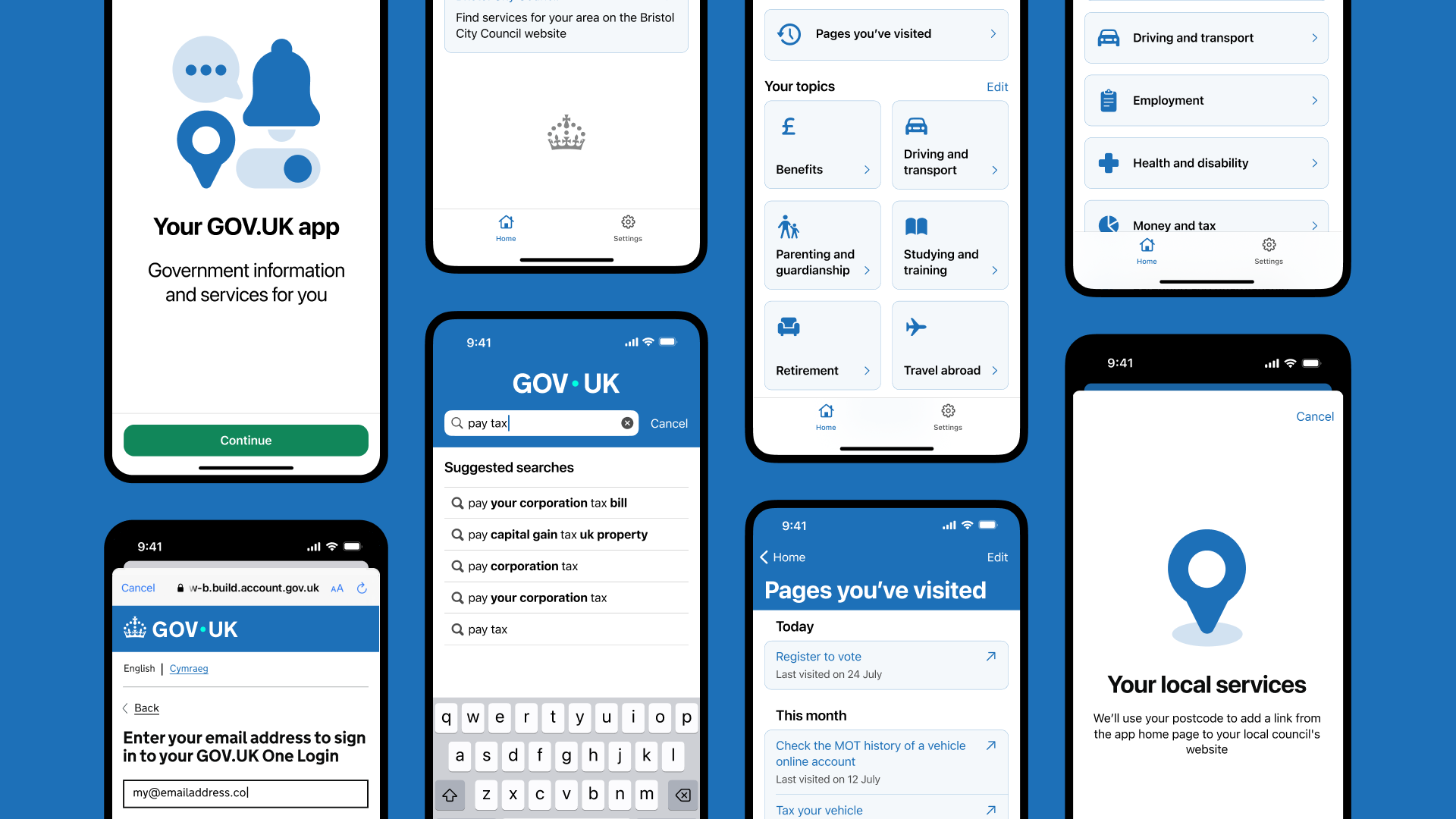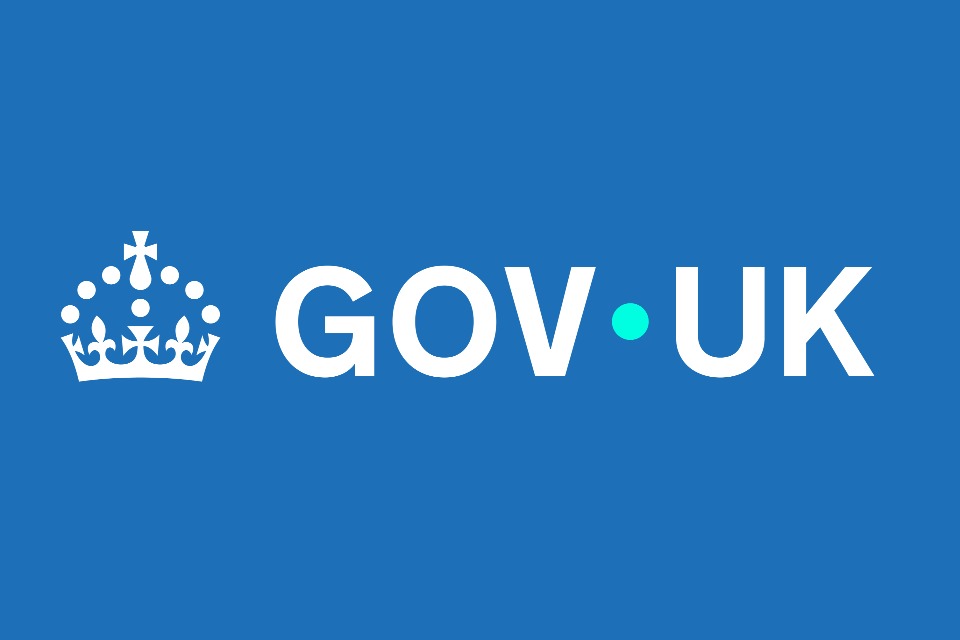Health secretary uses first speech since election to ramp up rhetoric on digital and data and reveal plan for ‘digital aspirant’ programme
Credit: Kirsty O’Connor/PA
Health and social care secretary Matt Hancock used his first speech since the election to reiterate the importance he places on technology and promised that “the next five years are going to see continuous upgrades” across the NHS.
Hancock picked out “prevention, people, and technology” as his three initial priorities for the health service, adding that “the emphatic support of the prime minister and the chancellor of the exchequer” had allowed him to add a fourth item to the list: infrastructure.
Well known for his enthusiasm for all things digital, the health secretary told attendees of a Policy Exchange event: “If you thought I was going to relent on tech, then I’m afraid I’ve got some bad news for you.”
Hancock said that a key focus for him in the next few years would be making sure the entire NHS reaps the benefits of new technology, not just the biggest or most forward-thinking organisations.
Related content
- Plans for NHS app scaled back
- ‘Tech transformation is coming’ – Hancock unveils £475m digitisation fund in first speech as health secretary
- Great NHSXpectations
The Global Digital Exemplar (GDE) programme was launched by NHS England in 2016 to support the work of “digitally advanced” mental health, ambulance, and acute care trusts. Organisations selected to take part in the scheme are partnered with overseas counterparts that have a demonstrable track record of using technology to improve outcomes.
Alongside the GDE programme, a supplementary scheme will be launched to support trusts that have digital ambitions but comparatively little existing expertise.
“Until now, the focus has been on getting some hospitals up to scratch through the global digital exemplar programme,” the health secretary said. “They’ve got to keep advancing, but now we’re going to help many more hospitals with a new digital aspirant programme. And this model of excellence crucially will become part of the [Care Quality Commission’s] inspection regime too, so people know they will be assessed against good use of high-quality technology and incentivised to deliver.”
He went on to describe what he saw as the discrete roles of NHS Digital and NHSX – the organisation Hancock created earlier this year to take overall responsibility for setting the technology and data agenda.
“[NHSX’s] task is to articulate the vision, define the strategy, decide on priorities and spending, and then oversee delivery,” he said. “NHS Digital also has a vital role to play: designing, building, deploying and operating digital products and services.”
Hancock said that better technology would mean that children could obtain “immediate support through their smartphone while they wait for their first mental health appointment”, while elderly people can live independently for longer via the use of wearables.
“We’re going to double down on the tech agenda and bring the NHS into the 21st century,” he said. “We’re going to use digital technology to ease the burden on staff, give people the tools and information to manage their own healthcare, and make sure that patient data can be safely accessed wherever and whenever it’s needed across the system.”



